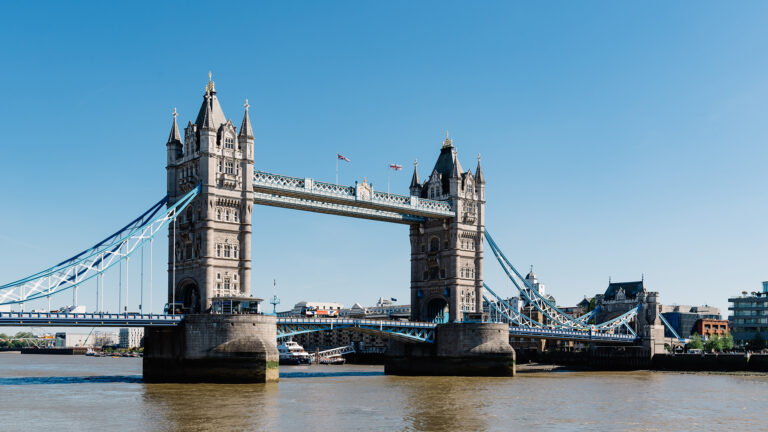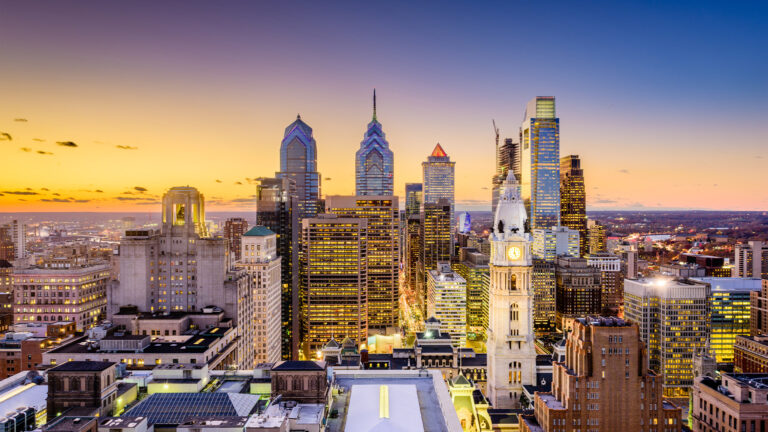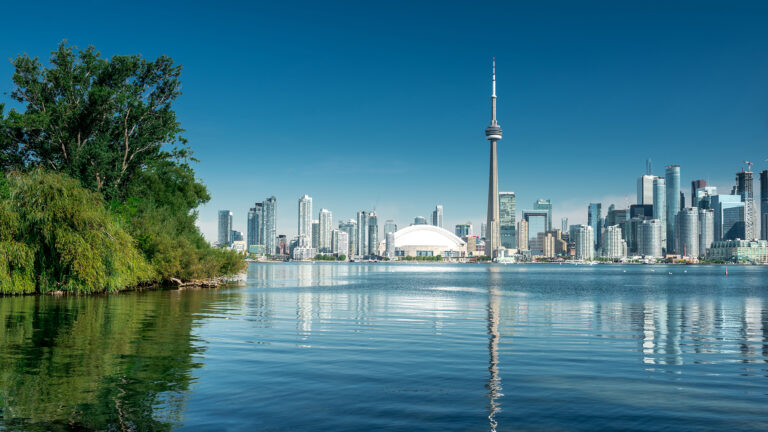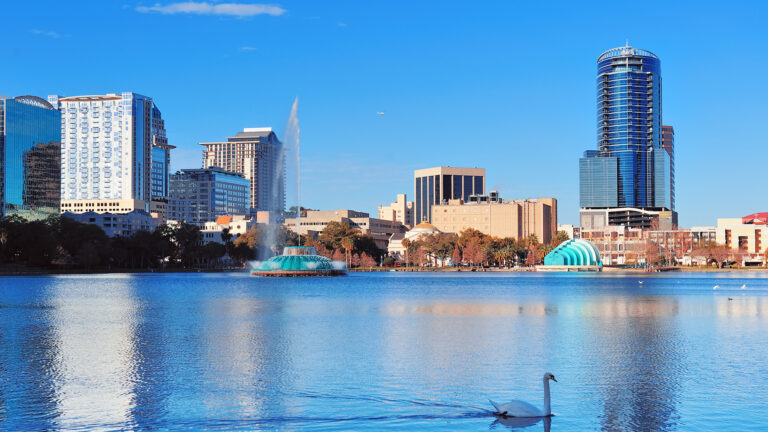By Mario Marroquin
While institutional real estate in the Windy City reflects
many of the same national trends in the office and industrial markets, a wave
of mixed-use development in Chicago’s Fulton Market is rapidly changing the
face of the former industrial district. Meanwhile, 2021 set records for new
industrial leases in the city.
In recent years, Fulton Market, which was granted Landmark
District status in 2015, has lured developers such as Greystar and Sterling
Bay, and a larger collection of investors to build apartments, office space and
mixed-use assets in the neighborhood.
High-income workers returning to offices have been driving the
construction boom, said Darren Sloniger, the president and chief investment
officer at Marquette Companies of Naperville, Ill., and the developer of over
1,000 units near Fulton Market, which is home to Dyson, Kimberly Clarke,
McDonalds and Google, to name a few. A post-COVID influx of highly skilled
workers returning to office work has kept demand for high-end luxury apartments
healthy, he said.
“The momentum in Chicago has shifted a bit into Fulton Market
versus The Loop, which has lagged behind but is slowly coming back, as well as River
North and Streeterville,” Sloniger told Markets Group. “Fulton Market is definitely leading the
charge in Chicago.”
Marquette Companies in March and April opened a mixed-use
complex known as West Fulton on West Randolph Street that includes over 1,000
high-end apartments, two restaurants, an entertainment venue and a small hotel on
Fulton Street.
Developer Greystar topped off a 21-story apartment
development at 166 Aberdeen Street in late July while developer Sterling Bay
was reported to have secured financing for a 282-unit apartment project in the
neighborhood at the end of March.
Sterling Bay is on track to add over 1,300 apartment units
to the West Loop neighborhood.
A joint-venture by CRG and Shapack Partners is also seeking
to reposition a 156,000-square-foot office property for retail and office use
at 170 North Green Street.
But perhaps the biggest game changer for Fulton Market came
in 2015, when Google began moving hundreds of employees from its Midwest
headquarters to the neighborhood.
Google currently houses 1,800 employees at its Midwest
headquarters at 1000 West Fulton Street and the adjacent 320 North Morgan
Street.
Sterling Bay, which owned 1000 West Fulton in 2015, rehabbed
a cold storage facility totaling 520,000 square feet and sold the property to
American Realty Advisors in 2016. Office Property Income Trust acquired the
520,000-square-foot property at 1000 West Fulton in June 2021 for $355 million
at a 4.7% cap rate at closing from American Realty Advisors.
Investments in life sciences within Fulton Market will also
go a long way towards maintaining healthy demand for high-end apartments,
Sloniger of Marquette said.
Just three months ago, Mark Goodman & Associates was
reported to have purchased a 1.5-acre site for a 503,000-square-foot life
sciences campus at 400 North Elizabeth Street. The project will deliver a
16-story life sciences facility and will add onto the work in the sector by
developer Trammell Crow, which plans to deliver 423,454 square feet of lab
space at 400 North Aberdeen.
Despite a 29.3% office vacancy rate in the Fulton Market
district, the submarket has absorbed 608,054 square feet of office space on a
year-to-date basis at the end of the second quarter, according to real estate
firm Cushman & Wakefield.
Boston Consulting Group penned the largest lease of Q2 when
it agreed to lease over 250,000 square feet of office space at 360 North Green
Street – a mixed-use development by JPMorgan Global Alternatives and Sterling
Bay – in Fulton Market in June.
Chicago Industrial at a Glance
While corporate workers and tenants continue to drive demand
for space in Fulton Market, demand for industrial real estate in the Chicago
Metro is seemingly insatiable.
New leasing activity in the first half of 2022 totaled 22.8
million square feet, according to Cushman & Wakefield. The real estate firm
said the metro area set a record of 58.3 million square feet of new industrial
leasing activity in 2021, which included built-to-suit leases for over 1 million
square feet for Wayfair, Amazon, Walmart and Tanget Technologies.
Real estate Colliers reported Amazon, AEW Capital,
Brookfield Property Group and Prologis were also active buyers in the Chicago
metropolitan area.
A total of 25.5 million square feet of industrial real
estate in the region was sold in the first half of 2022, according to Cushman
& Wakefield.











